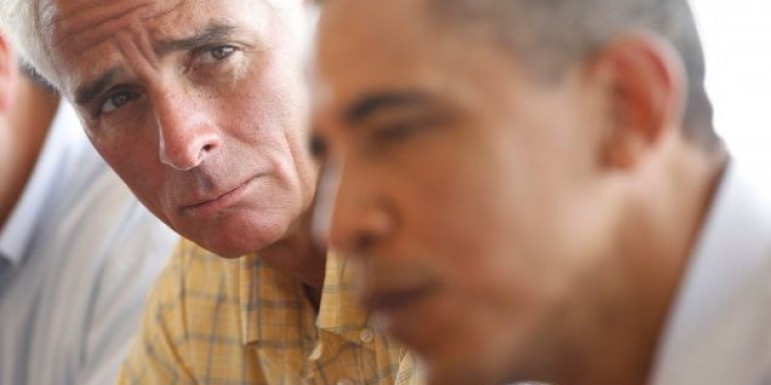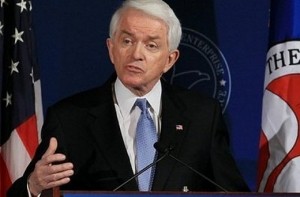
A look at the (not-so-new) U.S. policy toward Cuba
HAVANA — An unusual display of consensus on the polarized political stage in the United States has been the public letter that some 40 personalities of both parties have sent President Barack Obama, proposing a change in the policy toward Cuba.
In truth, it is nothing new. At various times, representatives of important sectors of U.S. society have unsuccessfully stressed the need for this change. Nor is the argument new — claimed by the signatories of the letter — that, through flexibility and an increase in the contacts between the two countries, it will be easier to achieve the regime change in Cuba sought by Washington.
In any case, however you want to look at it, the letter constitutes an acknowledgment by many of its executors of the failure of a policy that, for more than half a century, has tried to economically asphyxiate Cuba and isolate it on the international political stage.
Another important element is that it is not an isolated initiative but part of a trend that has gained momentum in recent months as a consequence of converging pressures. The signers themselves point to the rejection of the present policy by most of U.S. public opinion and to the almost unanimous criticism coming from the rest of the world.

For example, also in recent days, news emerged of a visit to the island by a delegation from the U.S. Chamber of Commerce, led by its president, Thomas J. Donahue, who came to Cuba in 1999, talked to then-President Fidel Castro and often has expressed his opposition to the economic blockade.
The Chamber may be the most important business organization in the U.S. and one of the nation’s main lobbyists. Joining the delegation will be the heads of some of the country’s most powerful conglomerates and it would be logical to assume that their interest is to explore the possibility of greater access to the Cuban market, facing the growing competition of other powerful actors, such as China, Russia and Brazil, and even some European Union countries that have begun to review their policies toward Cuba.
Within this logic, we could also interpret the statement by Charlie Crist — candidate to the governorship of Florida — about the need to change U.S. policy toward Cuba.
At the time, that statement was understood as a gesture to attract a segment of U.S. voters who have increasingly distanced themselves from the far right and support better relations with the island. However, Crist has gone beyond the Cuban sector. If the opening favors Florida’s economy, he’s including other communities among the beneficiaries.
Facing the argument from the far right regarding the economic revenue to Cuba generated by increased contacts with the Cuban-American community, few have referred to the importance to Florida of the businesses that those contacts will create and the considerable damage their elimination could do.
It would not be idle to analyze if the improvement of the economic indicators noticed in the state were possible without the existence of these activities, which include the travel of hundreds of thousands of people, an increase in domestic trade, the creation of new jobs and the impact of new immigrants on the real estate and construction businesses, just to mention some of their effects.
All this could grow exponentially and increase in qualitative value if the economic blockade against Cuba didn’t exist. Crist has not been the only one to understand this. Similar statements have been made by leaders and economic groups in other states and the presence in the island of delegations from those states has increased.
Inevitably, this question arises: Why — if in view of the ineffectiveness of the existing policy, the damages it causes to the U.S. economy itself, and the opposition of so many U.S. sectors to it — doesn’t Washington change its failed attitude toward Havana?
The answer is not simple. It is related both to the exercise of the United States’ hegemony in the world and to the domestic contradictions that the U.S. experiences. Also to the international reality, especially in view of current events in Latin America.
Above all, it will depend on the evolution of the Cuban situation, the results of the ongoing economic reform, and the internal and external impact of the generational change in the historical leadership of the Revolution, announced for 2018.
It is necessary, then, to stop here and analyze that problem in greater depth in a future article.
Progreso Semanal/ Weekly authorizes the total or partial reproduction of the articles by our journalists, so long as source and author are identified.

